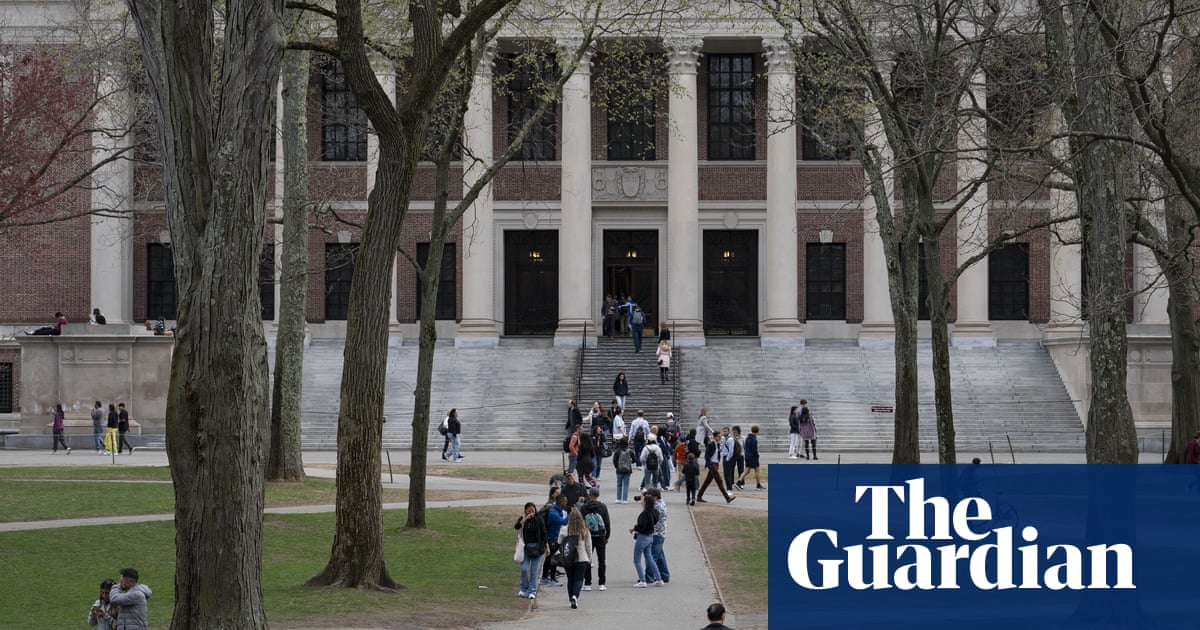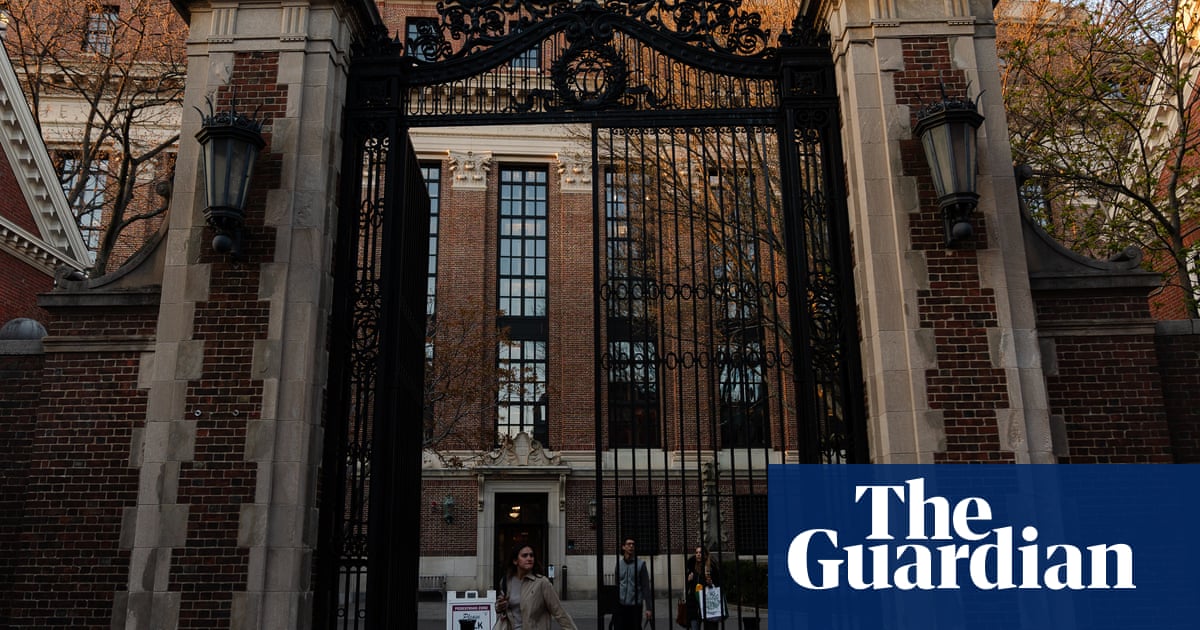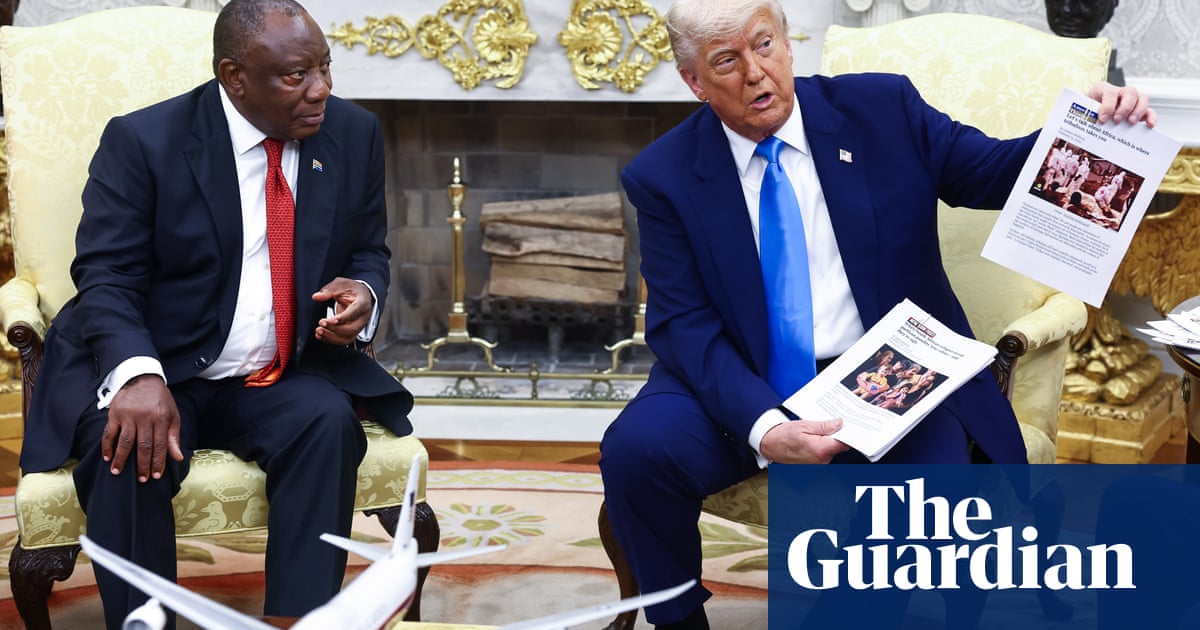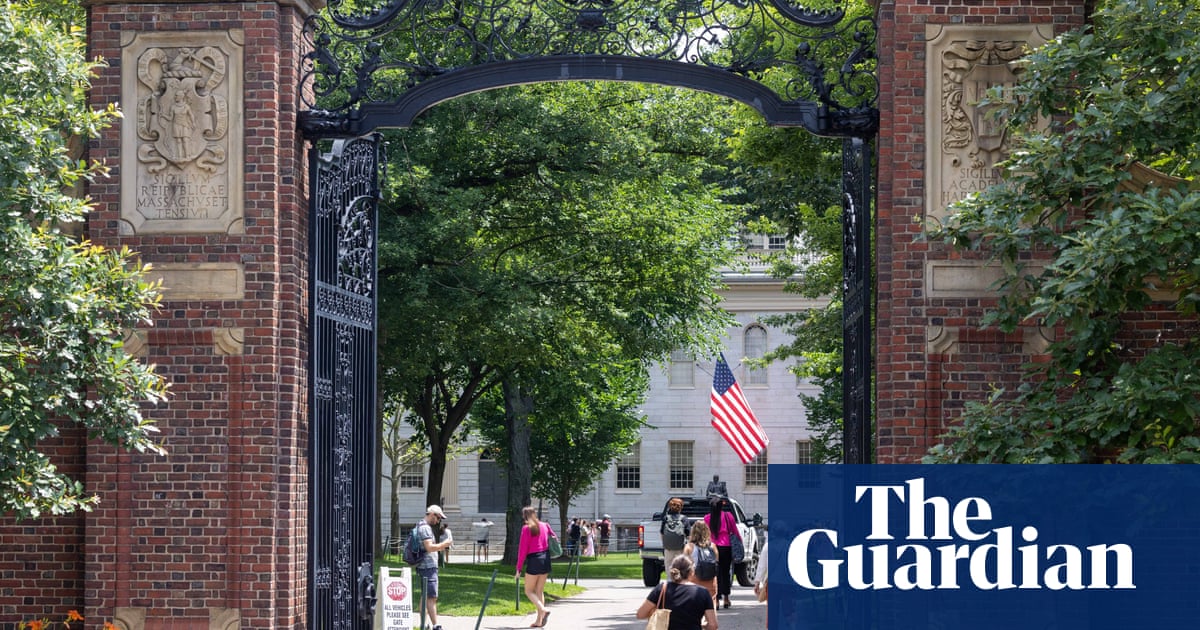TORONTO (AP) — King Charles III is coming to Canada to deliver a message: Canada is a sovereign nation distinct from the United States.
U.S. President Donald Trump’s repeated suggestion that the U.S. annex its northern neighbor prompted new Canadian Prime Minister Mark Carney to invite Charles to give the speech from the throne on Tuesday where he will lay out the Canadian government’s agenda when Parliament reopens.
The monarch is the head of state in Canada, which is a member of the British Commonwealth of former colonies.
“Canada has a steadfast defender in our sovereign," Carney said when he announced the visit earlier this month.
Why is Charles visiting Canada?
It is extraordinarily rare for the monarch to deliver what’s called the speech from the throne in Canada. Charles’ mother, Queen Elizabeth II, only did it twice in her 70-year reign. The last time was in 1977.
Canadians are largely indifferent to the monarchy, but Carney has been eager to show the differences between Canada and the U.S. and he said that the king’s visit clearly underscores the sovereignty of Canada.
The Americans had a revolution to gain independence from Britain. Canada remained a colony until 1867 and continued thereafter as a constitutional monarchy with a British-style parliamentary system.
“We’re different,” former Quebec Premier Jean Charest said. “We are not the United States. It sounds simple, but that’s what the visit says.
“We don’t have the same institutions. We don’t have the same history,” Charest said. "We are a different country with a different choice in terms of how how we built ourselves, and King Charles tells that story.”
This will be Charles' first visit as monarch. He visited Canada 19 times as prince. The king has been showing his support for Canada in recent months, including displaying Canadian military medals on his chest during a visit to a Royal Navy aircraft carrier.
Historian Robert Bothwell said that the king’s speech in Parliament “is a gesture of solidarity and identity that can be construed to be a gesture of support.”
But new U.S. Ambassador to Canada Pete Hoekstra said sending messages isn't necessary.
“We're thrilled that the king will be here. If there's a message in there, you know, there's easier ways to send messages. Just give me a call. Carney can call the president at any time,” Hoekstra told the Canadian Broadcasting Corporation. “But I know what the implication is. It's, oh about ... the 51st state, it's over. And, you know, move on.”
What is the speech from the throne?
The speech sets the legislative agenda for a new session of Parliament. It's not written by the king or his advisers in the U.K., as the king serves as a nonpartisan head of state.
The king will read what is put before him by Canada's prime minister and his team. The speech is usually read by Canada's governor general, the monarch's representative in Canada. The governor general holds a constitutional but mostly ceremonial and symbolic position.
“King Charles is unlikely to comment directly on the 51st state issue. Yet, his introductory remarks could feature broad statements about Canada’s integrity and sovereignty. At least this is what many Canadians would like him to do," said Daniel Béland, a political science professor at McGill University in Montreal.
Former Canadian prime ministers and governor generals will attend the speech. The king will then pay his respects at the National War Memorial before a Royal Canadian Air Force flyby.
What will the French in Quebec think?
Béland said the monarchy has long been unpopular among Quebec’s French-speaking majority, and some nationalist voices in the province have been critical of the Carney government’s decision to invite the king to deliver the throne speech.
"Whether the separatists work themselves into a lather over this frankly, I don’t care. I don’t think Quebecers will care a lot,” said Charest, the former premier of Quebec. “The may not like the monarchy or whatever they’d like to read into it, but British institutions have served us very well.”

 German (DE)
German (DE)  English (US)
English (US)  Spanish (ES)
Spanish (ES)  French (FR)
French (FR)  Hindi (IN)
Hindi (IN)  Italian (IT)
Italian (IT)  Russian (RU)
Russian (RU) 























Comments